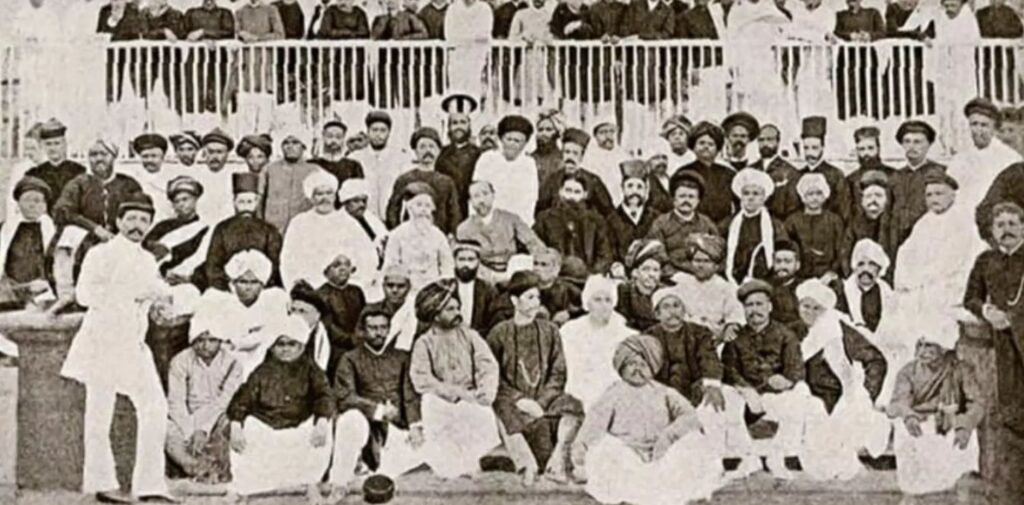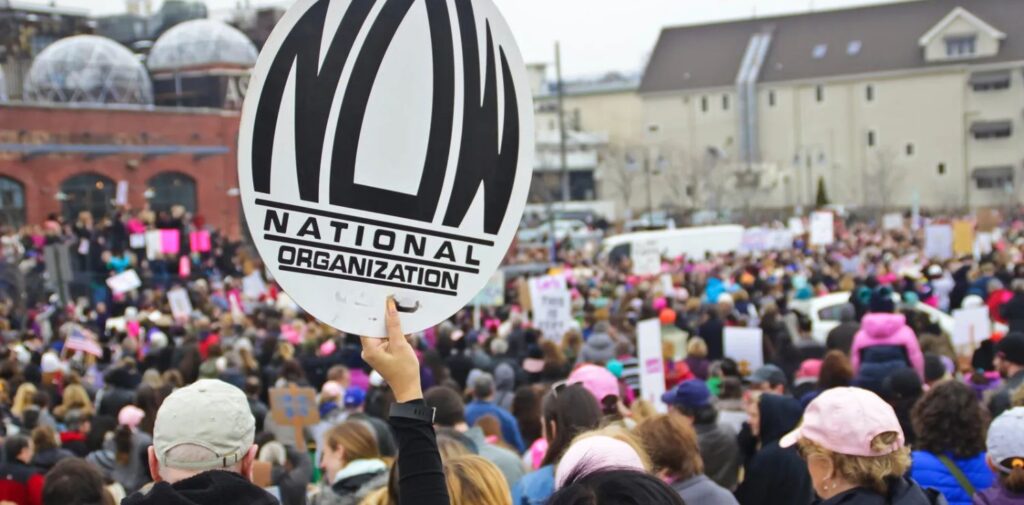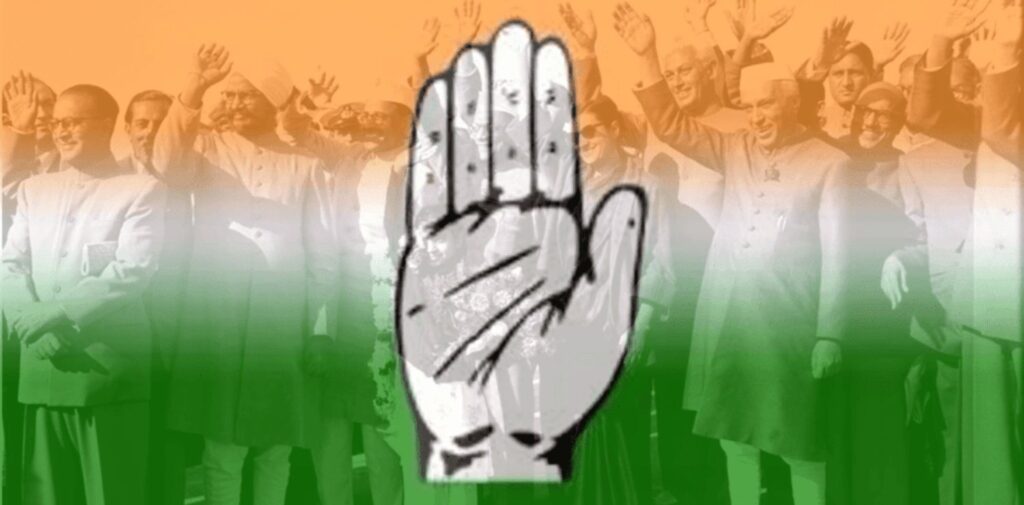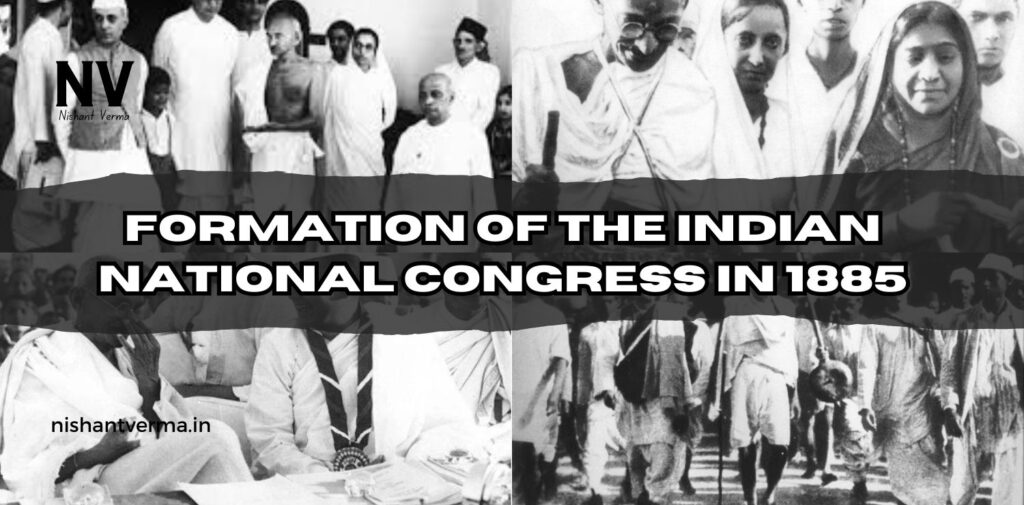The history of India’s freedom struggle is filled with inspiring stories of people who fought against British rule. One of the most important milestones in this struggle was the formation of the Indian National Congress (INC) in 1885. The INC became the main political party that led India’s fight for independence. In this article, we will learn about the formation of the Indian National Congress, its early history, and how it played a big role in the freedom movement.
What Is the Indian National Congress?
The Indian National Congress, often known as INC, is one of the oldest political parties in India. It was formed to give a voice to the people of India in the political matters of the British government. The goal was not only to fight for better rights for Indians but also to slowly work toward full independence from British rule.
The INC became the main organization that brought together people from different parts of India to work together for the common goal of independence. Many of India’s great leaders, such as Jawaharlal Nehru, Subhas Chandra Bose, and Mahatma Gandhi, were part of the INC. But, before it became the strong force in the independence movement, it had a humble beginning.

The British Rule in India
In the 19th century, India was ruled by the British, who controlled most of the country. The British East India Company, a British trading company, had taken over large parts of India. Although the British made many laws to control India, they did not allow Indians to have much say in how their country was governed. This made many Indians unhappy.
At the same time, many Indians started to learn about ideas of freedom, equality, and democracy from the West. They began to question the British rule and wanted more rights for the people of India. They wanted to have a say in the decisions that affected their lives, their communities, and their country.
Early Calls for Change
Before the Indian National Congress was formed, a few Indians were already calling for changes in the way the British treated the Indian people. Some important reforms were introduced, but they were not enough to satisfy the needs of the people. Many people were angry about unfair British policies, such as high taxes, lack of opportunities for Indians in government jobs, and the destruction of local industries.
In the 1870s and 1880s, several educated Indians began to realize that they needed to unite and demand more rights. Many of them had been inspired by the ideas of political thinkers like Karl Marx and John Stuart Mill, who believed in the rights of people and the importance of self-rule. The Indian middle class, especially the educated ones, started to feel that they needed to speak up for themselves.
The Need for a National Organization
Indians were becoming increasingly frustrated with the British rulers, but they didn’t have a strong political party to voice their concerns. A few people realized that in order to bring about meaningful change, there needed to be an organization that could bring people together and represent their interests.
Many of the early leaders who wanted to create such an organization were influenced by ideas of social and political change. They wanted to give Indians a way to speak directly to the British government and work for reforms in the country. This led to the idea of forming a national political party.

The Formation of the Indian National Congress
In 1885, a group of prominent Indian leaders, along with a few British officials, came together to form the Indian National Congress. The meeting was organized in Bombay (now Mumbai), and the first session of the INC was held in December 1885. It was a small event, but it marked the beginning of something very important for India’s future.
The founder of the Indian National Congress was Allan Octavian Hume, a retired British civil servant who believed that Indians should have a voice in their own governance. Hume worked with Indian leaders like Womesh Chunder Bonnerjee, who became the first president of the Indian National Congress. These leaders were not fighting for full independence at first, but rather for more rights and better treatment for Indians under British rule.
The early goals of the INC were:
- To ask for reforms in British policies.
- To get more Indians involved in government and administration.
- To work for the welfare and rights of Indians.
The Indian National Congress was initially a moderate organization. This means that it did not ask for immediate independence but wanted to create a platform where Indians could express their ideas, share their concerns, and ask for changes from the British government.
Early Successes and Challenges
In the early years, the Indian National Congress was made up mainly of educated and upper-class Indians. These members were from cities like Kolkata, Bombay, and Madras (now Chennai), and they were focused on issues like improving education, working conditions, and the rights of the Indian middle class.
At first, the British government did not take the Indian National Congress seriously. The INC held regular meetings and sent petitions to the British government, but they didn’t get much attention. However, the INC helped to unite different groups of people in India and made the British realize that Indians were beginning to demand more rights.
The first few sessions of the INC were peaceful and focused on asking for reforms rather than directly challenging British rule. The British still controlled the country, but the INC’s work began to stir the ideas of self-governance and independence in the minds of many people.
A Change in Direction: More Radical Demands
As the years passed, the INC began to grow and attract more people. In the late 19th and early 20th centuries, many Indians became frustrated with the slow progress. They felt that the British were not listening to their demands for change. Some of the leaders of the INC, like Bal Gangadhar Tilak, started calling for stronger action.
Tilak and other leaders believed that India should be able to govern itself and that the British should leave India. They wanted immediate independence for India, not just reforms. This was a shift from the more moderate approach of the earlier leaders of the INC.
Bal Gangadhar Tilak’s famous slogan, “Swaraj is my birthright and I shall have it,” inspired many people to join the freedom movement. This new demand for self-rule (Swaraj) marked a turning point in the INC’s role in India’s independence struggle.

The Legacy of the Indian National Congress
The formation of the Indian National Congress in 1885 was just the beginning of a long struggle for India’s independence. Over the next several decades, the INC played a huge role in organizing protests, movements, and campaigns that eventually led to the end of British rule in 1947.
The INC helped to bring together people from different backgrounds and communities, all united for a common cause: the independence of India. The party became the foundation of India’s democratic system after independence and continues to play a major role in Indian politics today.
Conclusion
The formation of the Indian National Congress in 1885 was a historic moment in India’s journey toward independence. It provided a platform for Indians to unite, express their grievances, and work for political and social change. Over time, the INC became the driving force in the struggle for India’s freedom.
While the early leaders of the INC were focused on reforms, later leaders like Bal Gangadhar Tilak and Mahatma Gandhi pushed for full independence. The efforts of the Indian National Congress, along with the courage and determination of the Indian people, ultimately led to India gaining independence from British rule in 1947.
Today, the Indian National Congress is remembered as one of the key organizations that led India to freedom, and its formation in 1885 marks a significant chapter in the history of India’s struggle for independence.




